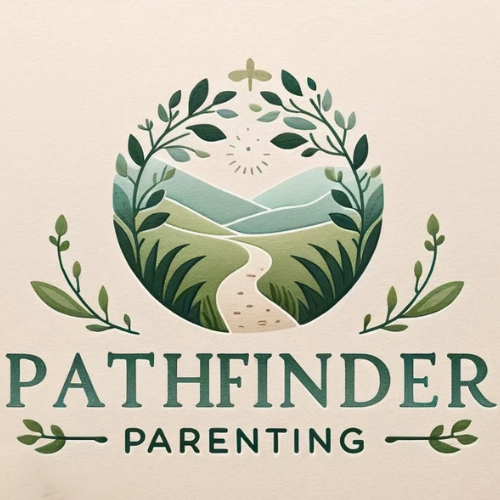Everyone has unique learning styles and, consequently, different challenges when it comes to acquiring knowledge or skills. These learning challenges can often be divided into two main categories: physical and cognitive. An understanding of these two types of challenges is necessary to provide adequate support for individuals facing these difficulties. The key differences between physical and cognitive learning challenges can significantly influence daily life, educational experiences, and personal development.
So, what are learning challenges? Simply, it refers to any difficulties faced by an individual during the learning process. Various factors such as cognitive impairment, emotional distress, or physical disabilities can give rise to these challenges. Examples of such challenges include Specific Learning Disabilities like dyslexia, Attention Deficit Hyperactivity Disorder (ADHD), Autism Spectrum Disorders, Speech and Language Impairments, and Physical Disabilities. Recognizing these challenges helps target specific areas that may require intervention and resources.
It is essential to remember that learning challenges do not reflect one’s intelligence or potential. These are simply barriers that need to be addressed with tailored strategies and resources. Some other common learning challenges that one may face include processing disorders, emotional and behavioral disorders, visual impairments, health-related challenges, and unique learning needs of gifted and talented individuals.
Physical learning challenges generally revolve around the physical aspect of the learning process, such as mobility and coordination. These challenges can significantly affect one’s participation in learning environments. Some common physical learning challenges are cerebral palsy, muscular dystrophy, multiple sclerosis, spina bifida, and acquired brain injuries. Understanding the impact of physical learning challenges in daily life and providing accommodative support can significantly improve the lives of those affected.
On the other hand, cognitive learning challenges primarily relate to mental processes such as learning, memory, and problem-solving. These challenges, often stemming from neurological conditions, developmental disorders, or trauma, can profoundly affect one’s learning and success in educational environments. Dyslexia, dyscalculia, ADHD, Autism Spectrum Disorder, and memory impairments are some examples.
Being aware of cognitive challenges helps identify where special interventions may be necessary. For instance, children with dyslexia may benefit from targeted reading strategies, and those with ADHD might need an organized environment that fosters focus. These concentrated efforts can greatly improve a student’s educational outcomes.
Crucial to understanding the two types of challenges is recognizing that they each relate to the learning process in fundamentally different ways. Physical learning challenges are linked with physical coordination and motor skills affecting tasks like writing and participation in sports. Conversely, cognitive challenges are related to the assimilation and processing of information and affect areas such as reading, problem solving, and understanding complex concepts.
Addressing these distinctions with effective, tailored educational strategies is essential. Incorporating adaptive tools or technology for those with physical challenges or employing multisensory teaching methods and individualized learning plans for those with cognitive challenges can significantly improve learning experiences. It is also vital to consider the social and emotional issues students often grapple with and cultivates an inclusive atmosphere for fostering emotional growth, peer relationships, and overall well-being.
In conclusion, understanding the key differences between physical and cognitive learning challenges is critical in providing effective support for those affected. Recognition that physical challenges involve mobility and sensory impairments, while cognitive challenges affect areas such as memory, understanding, and problem-solving skills, can greatly enhance the learning experience for everyone involved. By understanding these distinct challenges, we can work towards fostering a more inclusive and accommodating learning environment.
